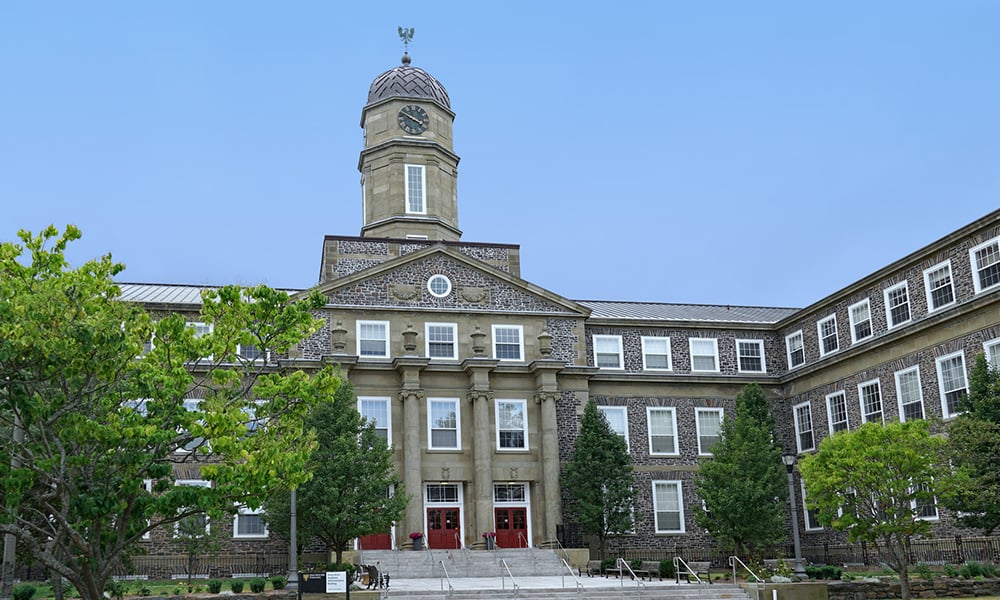Lab aims to transform the justice system, safeguarding the health, safety and well-being of Canadians

The Restorative Research, Innovation and Education Lab (RRIELab), described by the school as the first ever international lab to concentrate on restorative justice, is located at Dalhousie University’s Schulich School of Law.
Dalhousie University, supported by the Donald R. Sobey Foundation, established the lab to transform the justice system and to safeguard the health, safety and well-being of individuals and communities across Canada through a restorative approach, said the school’s announcement. The lab also aims to deal with institutional abuses and failures and to advance the development of restorative cities worldwide, the announcement states.
“The establishment of the RRIELab will position Dalhousie and, indeed, Nova Scotia, to become a global centre of restorative approaches to justice,” said Rob Sobey of the Sobey Foundation, which initially partnered with the RRIELab back in 2017.
The RRIELab will research how the adoption of a restorative justice approach can lead to positive results, will develop education and training programs promoting restorative justice, will support diverse organizations in applying restorative justice approaches and will form a global collaboration network to build knowledge, among other initiatives to advance justice transformation. It will also support the Smart Justice Network of Canada and the International Learning Community, which promotes the formation of restorative communities.
Jennifer Llewelyn, who chairs the RRIELab in a position funded by the Sobey Foundation, emphasized the importance of restorative justice, which is a proactive and future-focused approach that centres on analyzing and addressing the needs of individuals and communities.
Llewelyn said that we should adopt a restorative justice approach to deal with the systemic and historical injustices experienced by marginalized and racialized communities. She also said that we should work to make this approach sustainable so that it can lead to change across systems, organizations and institutions.
“In this moment in our history, as we confront the pandemics of COVID-19 and anti-Black racism, we can see clearly that our current ways of doing things are not working,” Llewelyn said. “The urgency of a new and different way of imagining and doing justice — doing right by each other — cannot be allowed to pass by this time.”
Llewellyn, who is known for her advocacy in support of restorative justice, is also a law professor and the Yogis and Keddy Chair in Human Rights Law at the Schulich School of Law. She has been a scholar in residence with the Nova Scotia Human Rights Commission and director of the Nova Scotia Restorative Justice Community University Alliance. She has also supported projects and programs relating to restorative justice initiatives initiated by governments and organizations.
For her work, Llewellyn has received Correctional Services Canada’s National Ron Wiebe Restorative Justice Award, as well as the Canadian Social Sciences and Humanities Research Council National Impact Award.
Like Llewellyn, Deep Saini, president of Dalhousie University, also expressed support for the adoption of a restorative approach, especially in the face of “unjust racial tragedies experienced by Black people in North America and beyond.”










